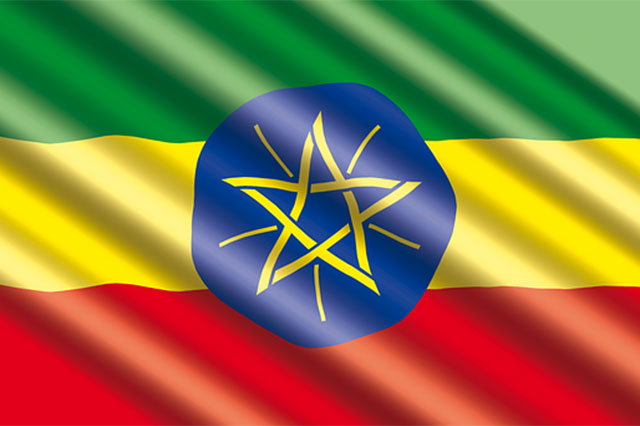Addis Ababa – Amnesty International has sounded the alarm over proposed reforms in Ethiopia targeting the government body overseeing civil society groups, warning the changes risk “a total closure of civic space” in the country.
The Horn of Africa nation of some 130 million people is regularly criticised by rights groups for the repression of dissenting voices.
According to Amnesty, the proposed law, whose “drafting and consultation process (is) in strict secrecy”, would give government more control over the board of the country’s Civil Society Organization (ACSO).
The board, tasked with setting policy for the federal body, currently has 11 members — seven representing civil society and four from the government.
The proposed changes would shift the balance of power by cutting the board to seven members and giving five seats to government appointees, which leaves just two for civil society.
🚨 URGENT ACTION ALERT: The Ethiopian government must stop forced evictions and halt the Corridor Developmental Project and conduct and review of the compliance with international human rights standards. Take Action Now: https://t.co/LtjSzoEpP4 #StopForcedEvictions #EndImpunity pic.twitter.com/6h8u4NEL8i
— Amnesty Eastern Africa (@AmnestyEARO) May 7, 2025
This, the human rights NGO said, would lead to a “structural lack of independence and oversight, and effectively closing the door to accountability.”
The proposed amendment, which Amnesty said it obtained from reliable sources, also introduces a “vague” clause allowing the ACSO to reject registration applications if an organisation is “deemed a threat to national security”, potentially opening the door to arbitrary decisions, the NGO warned.
“If approved, it would represent a significant setback for the promotion and protection of human rights in the country,” Amnesty said in a statement on Monday.
With less than a year to Ethiopia’s legislative elections, Amnesty warned that adopting the law “will move the country towards a total closure of civic space” and reverse hard-won gains.
When questioned by AFP, Billene Seyoum, spokesperson for Prime Minister Abiy Ahmed, did not immediately respond.
When Abiy rose to power in 2018, he was praised for his openness after nearly three decades under the Tigray People’s Liberation Front (TPLF).
But in recent months, several NGOs have been suspended and journalists arrested.
Reporters Without Borders, which ranks Ethiopia 145th out of 180 countries for press freedom, condemned the government’s “crackdown on information flows.”
Follow African Insider on Facebook, X and Instagram
Picture: Pixabay
Source: AFP


